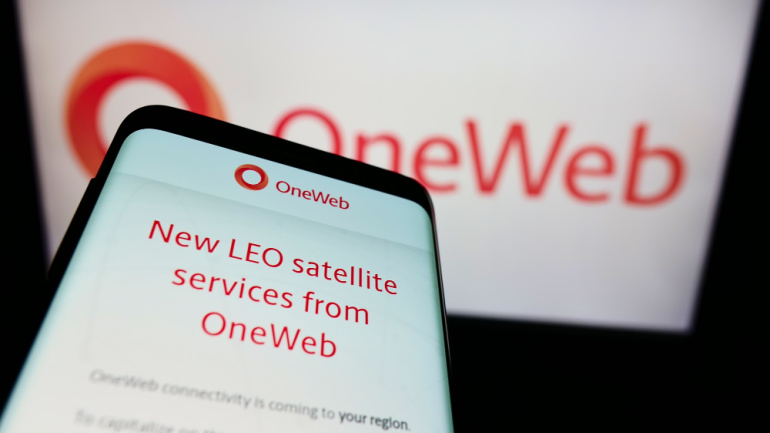UK operator EE boosts mobile connectivity for summer events with 125 temporary 4G and 5G masts, enhancing download speeds and coverage for attendees. As live events flourish, the challenge for operators is monetizing these network improvements.
EXA Infrastructure acquires Univerzalne Telekomunikacije, expanding its network routes and enhancing European connectivity, with focus on the underinvested Balkan region. Unitel’s reliable fiber network and strategic location complement EXA’s Trans Adriatic Express route, showcasing growth plans in pan-European and transatlantic connectivity.
OneWeb partners with Speedcast and F. Laeisz to launch a maritime connectivity service, providing hybrid satellite solutions to improve connectivity in remote polar regions, advancing the benefits of multi-path, multi-orbit technologies.
Cisco and AT&T’s collaboration unveils Webex Calling and SD-WAN solutions, transforming hybrid workforces with seamless, mobile-first experiences and reduced costs. The integration of secure on-demand connectivity and self-service options for small and medium businesses optimizes secure access and boosts productivity.
Discover how Digital Realty’s sponsorship of Submarine Networks EMEA showcases their dedication to the subsea community, facilitating discussions on vital industry challenges. Their carrier-neutral data centers and Cable Landing Stations play a crucial role in future telecommunications developments.
CSPs and hyperscalers collaborate to develop innovative end-to-end solutions for diverse connectivity options, such as Mobile Private Networks and 5G Network Slicing. Cloud-native approaches, cross-domain OSS automation, and evolving RAN and Transport domains contribute to optimizing their partnership, unlocking new revenue prospects, and expanding market opportunities.
UK government invests £7 million in bridging rural connectivity gaps, trialing satellite, fixed wireless access, and fixed-line broadband solutions. Aimed at supporting agriculture and rural tourism, this investment addresses ongoing disparities in broadband speed and availability between urban and rural areas.
Spark reveals plans to trial satellite-to-mobile services, offering additional coverage and network resilience. Working with satellite provider Lynk, the initial trial focuses on text messaging before expanding to voice and data services, assessing the technology’s potential impact on telecommunications.
Spark’s partnership with Lynk Global marks a major milestone in mobile connectivity for New Zealand, testing direct-to-consumer satellite services to enhance network coverage and combat challenges posed by climate change.
Explore NBN’s new satellite plan, Sky Muster Plus Premium, offering uncapped data and enhanced connectivity to 400,000 Australian homes in remote and regional areas. Will this development help NBN stay competitive amidst intensifying market challenges?













